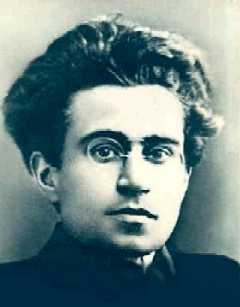mejonaNO12 aka riskit
Well-known member
right. first of all i dont understand fully the concept of hegemony, hence me asking this question.
Im doing a dissertation on whether the continuing press coverage of the royal family has diminished the moarchys cultural influence in Britian.
Now, a key theme is that i believe the growth of middle class indipendance is leading to the royals have less autocratic influence over a developing british society.
my teacher agreed, and said ''look into hegemony''.
but in what context does she mean? does she mean look into how the middle class have more influence over society? or how the monarchy are having less?
again...i REALLY dont understand the theory fully so please excuse im ignorance!
Im doing a dissertation on whether the continuing press coverage of the royal family has diminished the moarchys cultural influence in Britian.
Now, a key theme is that i believe the growth of middle class indipendance is leading to the royals have less autocratic influence over a developing british society.
my teacher agreed, and said ''look into hegemony''.
but in what context does she mean? does she mean look into how the middle class have more influence over society? or how the monarchy are having less?
again...i REALLY dont understand the theory fully so please excuse im ignorance!

